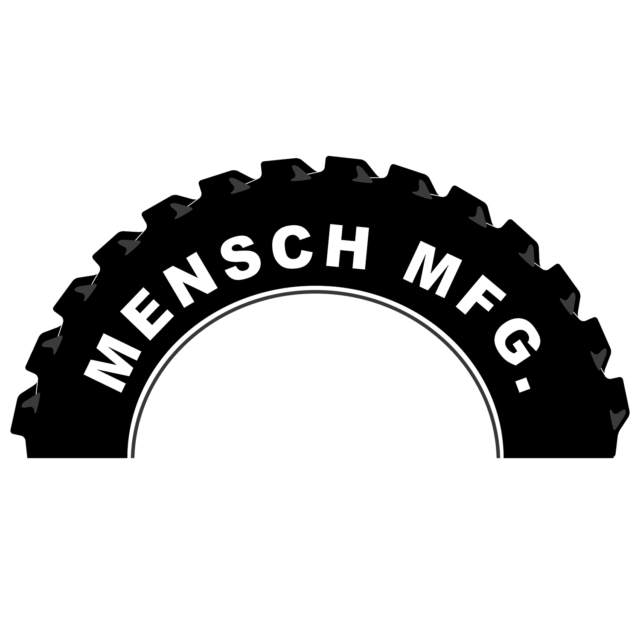Alex Souza Dairy Advisor Tulare, California University of California Cooperative Extension
What education are you bringing with you to this position?
I’ve been fortunate enough to work with outstanding research groups mainly here in the U.S. and South America. I completed my veterinarian degree at Sao Paulo State University in Brazil. Then, I moved to the University of Wisconsin to work at Dr. Milo Wiltbank’s lab on my master's in dairy science.
Please describe your agricultural background.
I was born and raised in a strongly agricultural region in the countryside of Sao Paulo, Brazil, where my grandfather owned a 60-cow dairy along with some crops. Thus, during my youth I used to spend most of my days among horses and cattle; that obviously had a great influence on my decision to go to vet school later on.
Afterwards, I worked on my Ph.D. in applied bovine reproduction in a joint project between the University of Sao Paulo and the same group at UW – Madison. Following, I spent two more years in Wisconsin during my post-doctorate degree, studying specific nutrition components that may be affecting fertility in dairy cattle.
What territory will you cover?
Based on my research and that of my UC colleagues, I’ll provide outreach and support training in different management areas for dairy herds located in Tulare and Kern counties, California.
What are your new responsibilities?
My position at University of California Cooperative Extension as a dairy advisor is a 50 percent research and 50 percent extension appointment. I’ll be developing extension and research programs with results that will be readily applied in the field.
What previous positions have you held?
Besides working in academia, I have worked as a private veterinarian for four years in Brazil (dairy and beef cattle practice), performing herd-health and reproduction visits. Then, I worked for approximately four years for an artificial insemination stud-company based in Wisconsin (Accelerated Genetics), mostly performing on-farm trainings, making troubleshooting visits to dairy herds in the U.S. and overseas, and handling large datasets of breeding records to forecast field fertility of dairy sires.
After that I worked for two years for an animal health company based in Bordeaux, France, (Ceva Sante Animale) as its corporate technical manager, with an appointment to provide technical support and training for cattle producers and consultants worldwide, as well as coordinate field trials and perform data analysis in conjunction with Ceva’s research and development team.
Who has made the biggest impact on your career?
In the last 15 years I have worked with a number of talented individuals, farmers, and industry allies – both in academia and in private industry – that profoundly influenced my career. Quite honestly, I believe the time I spent at Dr. Milo Wiltbank’s lab in Wisconsin, working side-by-side with outstanding researchers and top-notch dairy producers, had a major impact on what I am today.
How will you be of most help to producers in your region or area of expertise?
I believe my experience in basic physiology, applied dairy management, data analysis and experimental design and troubleshooting will help me set up a strong extension/training and research programs to improve profitability of dairy operations.
I look forward to talking with dairy producers to find out how I can be of the most help to them. Being fluent in English, Portuguese and Spanish will also help me connect to dairy producers and their employees when conducting on-farm research, trainings and team-building efforts.
Why did you choose this university?
The University of California is well recognized worldwide as a leading university in agriculture education and research. In addition, being located in Tulare represents a great opportunity to interact with a large number of dairy herds, top-notch consultants and dairy industry allies. If you like dairy farming as I do, the Tulare area is definitely a good place to be.
What goals would you like to accomplish while in this position?
First of all, I’d like to be perceived as a dedicated partner and an unbiased resource to producers and consultants in Tulare and Kern counties. With my research and extension efforts I want to be able to bridge some of the gaps in key management areas, so herds can be more competitive and profitable.
Where do you see yourself in 5 years?
I see myself with an established extension and a productive research program with many collaborators in the dairy industry and here at UCCE. The University of California has provided me with all the tools needed to get that accomplished, and I’ll do my best to achieve my goals. PD



